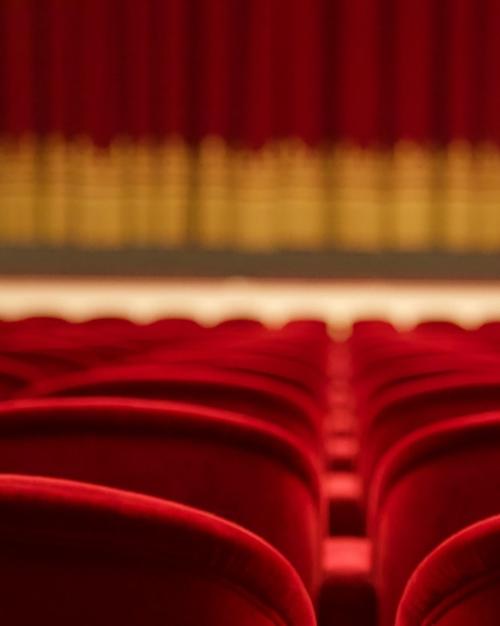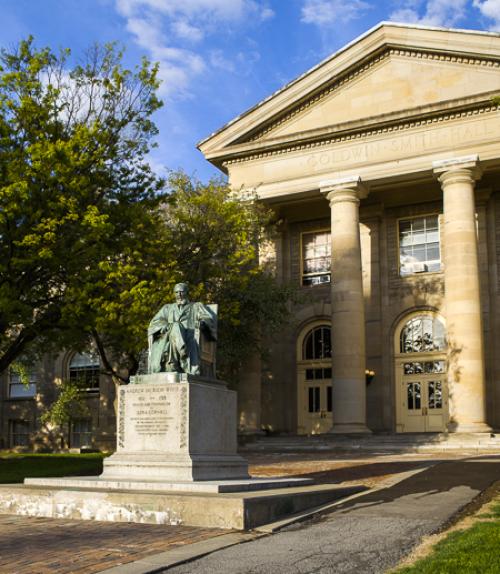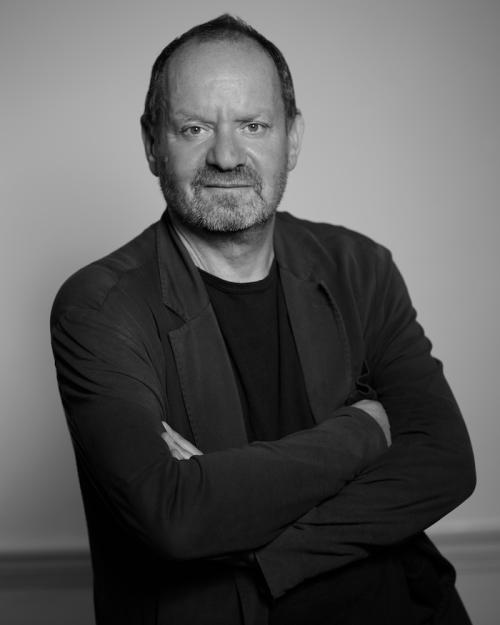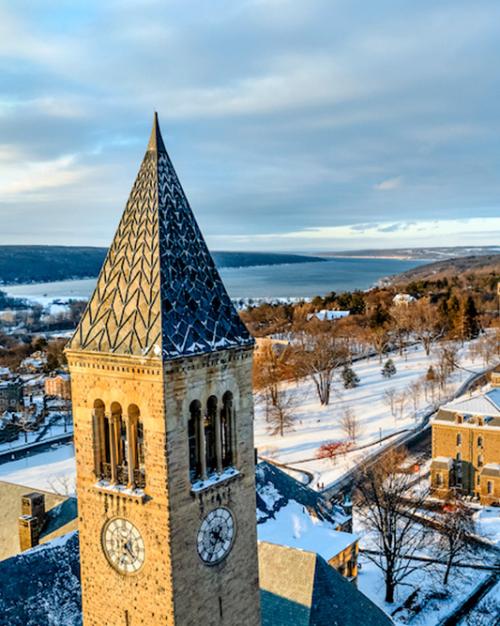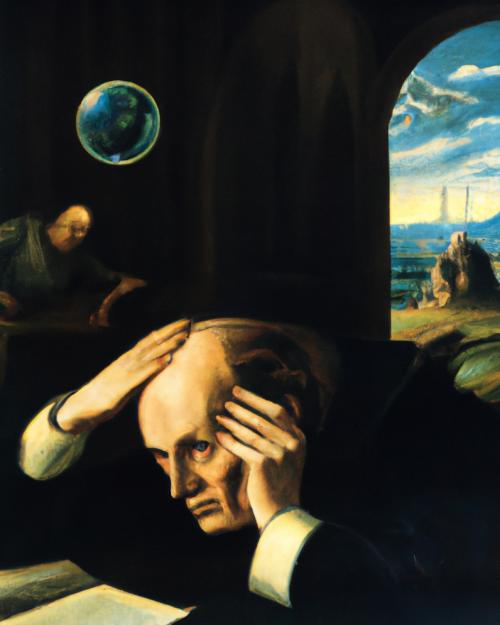Researchers working at the nexus of science and the humanities will convene for Art & Science of Thinking, a conference Oct. 21-22 in Goldwin Smith Hall’s Kaufmann Auditorium (G64). All sessions are free and open to the public.
“We want to open a robust dialogue between humanists and scientists around the very notion of ‘thought’ and ‘thinking,’ with a particular emphasis on philosophy (both ‘analytic’ and ‘Continental’), literary studies, and cognitive science,” said Laurent Dubreuil, professor of Romance studies and comparative literature in the College of Arts and Sciences (A&S), who is organizing the conference along with Morten Christiansen, the William R. Kenan Jr. Professor of Psychology (A&S).
“While more scholars work in such a transdisciplinary way, we still lack opportunities to have long, sustained conversations,” Dubreuil said. “This conference is trying to fill that gap.”
The conference is a project of the Humanities Lab, which fosters research at the interface of the sciences and the humanities. Conference sponsors are the French Studies Program, the Department of Romance Studies, the Department of Comparative Literature and the Cognitive Science Program.
Additional support comes from a New Frontier Grant from the College of Arts and Sciences with which Dubreuil and Christiansen have been conducting empirical research on poetry, connecting the humanities, AI and cognitive science.
With this grant, Christiansen and Dubreuil are comparing human and machine generation of poetry using OpenAI’s GPT-3, a language model that uses deep learning to produce human-like text. The project also includes a “poetry Turing test” to see whether humans can differentiate AI- and human-generated poetry.
Christiansen will present some of the ideas behind the project in his conference talk, “AI Poetry and Human Language,” sharing how recent advances in deep language models are challenging a traditional model of human language use.
Traditionally, people’s ability to use language is attributed to abstract knowledge in the form of a grammar, often thought to be built into our brains, Christiansen said; however, widely different sources of evidence show this assumption to be misguided. His talk will focus on one of these sources: the extraordinary capacities of GPT-3.
“We will discuss its creative capabilities in a particular realm – poetry – and discuss what this means for the assumptions of traditional theories of language,” Christiansen said, work that also builds on his 2022 popular science book, “The Language Game.”
In his talk, “Mind & Soul,” Dubreuil will argue for a refurbished concept of the “soul” in relation to what cognitive science calls the “mind,” a line of research growing out of his 2015 book “The Intellective Space” and his 2018 book “Poetry and Mind.”
“I am interested in explaining how we think beyond mere cognition—and especially, here, in a renewed vocabulary to describe how animal (including human) and mechanical brains can differ in their functioning,” Dubreuil said. “I believe an enrichment of our scientific vocabulary is required if we wish to give today a sounder description of the ecological systems of the mind.”
In addition to these talks, the schedule features four plenary speakers: Laurie Paul, the Millstone Family Professor of Philosophy and Cognitive Science at Yale; Joshua Landy, the Hammond Professor of French and a professor of comparative literature at Stanford; Brian Reilly, associate professor of French at Fordham; Deborah Jenson, professor of Romance studies and a research professor in global health at Duke.
The conference will conclude with a roundtable featuring recent Ph.D.s and graduate students affiliated with the Humanities Lab: Angel McLaren de Riordan who works on aesthetics and geometry, Marc Kohlbry, Ph.D. ’22 who is currently a lecturer in comparative literature at Cornell, Amritpal Singh, doctoral student in human development and psychology; and Jacob Matthews, doctoral student in Romance studies, one of the four-person team involved in the New Frontier Grant project on poetry.
